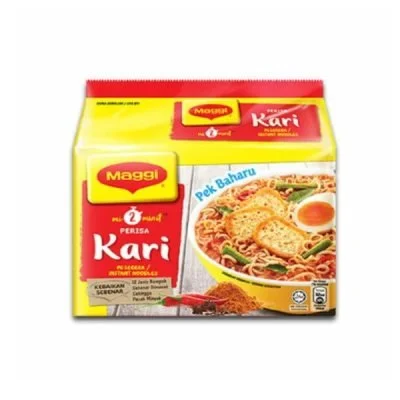Markisa Passion Fruit & Poppy Seed Cookies are eggless and made from fresh passion fruit and premium danish butter. One bite of Markisa Passion Fruit & Poppy Seed Cookies and it will be love at first crunch.
Passion Fruit
Passion fruit is a tropical fruit that produces characteristic purple or yellow fruits. The pulp and seeds found within the fruit are rich in antioxidants, vitamins, and minerals, and may have a range of health benefits.
What are the health benefits of passion fruit?
- Provides key nutrients
Passion fruit contains high levels of vitamins A and C. Passion fruit is a beneficial fruit with a healthful nutrition profile. It contains high levels of vitamin A, which is important for skin, vision, and the immune system, and vitamin C, which is an important antioxidant.
One fruit contains the following nutrients in milligrams (mg), international units (IU), or grams (g):
- 229 IU of vitamin A
- 63 mg of potassium
- 5 mg of magnesium
- 5.4 mg of vitamin C
- 2 mg of calcium
- 0.29 mg of iron
- 1.9 g of fiber
Passion fruit also contains phosphorus, niacin, and vitamin B-6, which a healthy body needs.
- Rich in antioxidants
Passion fruit is rich in antioxidants, which are compounds that help to mop up harmful free radicals in the body. Antioxidants play a vital role in keeping the body systems healthy. Antioxidants improve blood flow, specifically to the brain and nervous system.
- Good source of fiber
Passion fruit pulp contains a lot of dietary fiber. Fiber is a crucial component of every diet. It helps regulate the digestive system and keep the gut healthy, preventing constipation and bowel disorders. Eating passion fruit regularly may help to prevent constipation and improve digestion and overall health.
- Low glycemic index and Improves insulin sensitivity
Passion fruit is a tropical fruit that has a low glycemic index (GI) value. This means that it does not cause a steep increase in blood sugar after eating it, making it a good option for people with diabetes.
- Boosts the immune system
Passion fruit is rich in vitamin C, which is an antioxidant that helps protect the body from damage caused by free radicals. Vitamin C boosts the immune system by helping the body absorb more iron from plant-based foods, and may improve the body’s ability to fight off infections in the body.
- Supports heart health
Passion fruit is loaded with heart-healthy potassium and is also low in sodium. Passion fruit, when eaten with the seeds, contains a lot of fiber, which can help to remove excess cholesterol from the inside of blood vessels. A high-fiber diet can reduce a person’s risk of heart disease. In addition, eating passion fruit may help to normalize blood pressure. Diets low in sodium and rich in potassium help to decrease blood pressure.
How to prepare passion fruit?
Using a strainer, a person can make jelly or jam from the fruit juice. To eat a passion fruit raw, cut it in half and use a spoon to remove the pulp from the rind. The rind is not edible. People can eat both the seeds and the pulp, or just the pulp. A person can remove the seeds by pressing the pulp through a strainer or cheesecloth and use the juice in a variety of ways, such as:
- Mixing with water and sugar to make a drink
- Adding the juice to other fruit juices, such as orange or pineapple
- Adding the juice to yogurt with other fruit
- Boiling it into a syrup that a person can make into many other things, such as sauces or desserts
- Making it into a jelly or jam
- Making it into a soft drink or wine
Passion fruit does not respond well to heat preservation and canning, but people can freeze it for later use.
To know more about poppy seeds, please click here
To see more food products on HALALSTREET UK, please click here


























Reviews
There are no reviews yet